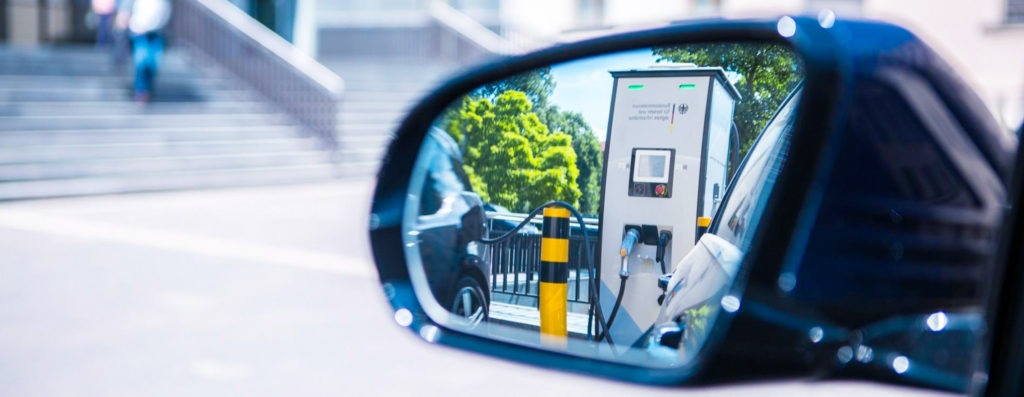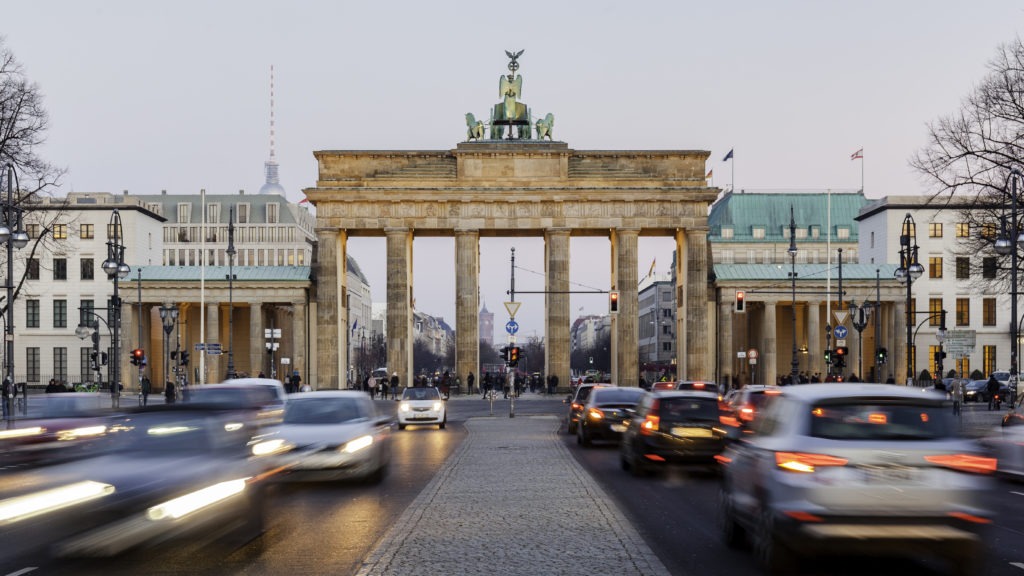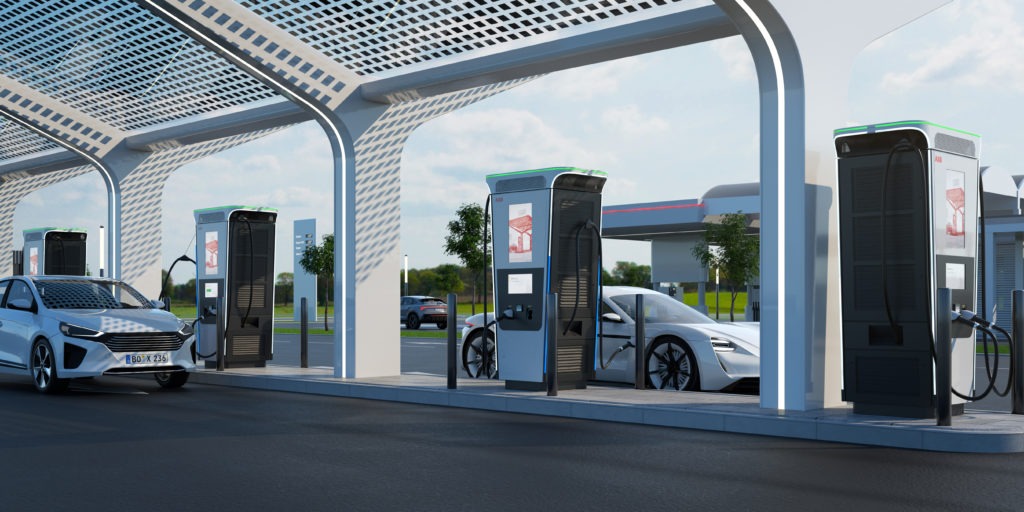German EV infrastructure funding too bureaucratic, says VDA
12 October 2021

In order for Germany to achieve its 2030 transport climate targets, the country needs 14 million electrically-chargeable vehicles (EVs) on its roads. The government has brought to life several funding programmes and incentives to bring the charging infrastructure up to speed as it aims to make charging available ‘anytime and anywhere.’
However, the German Association of the Automotive Industry (VDA) has criticised current slow progress and backwards bureaucracy. The VDA pointed to one incentive programme launched in April 2021, which put aside €300 million in funds and is aimed at small and medium-sized companies. The VDA said that six months after its launch, there are significantly fewer fast-charging points than expected.
Long processing times
‘As far as we know, not a single charging point has emerged from the “On-site charging infrastructure” funding programme since April of this year,’ said Joachim Damasky, VDA managing director. ‘To date, only a medium single-digit percentage has been approved. Processing times are too long and approval procedures are slowing down the development of the charging infrastructure considerably.’
The Federal Ministry of Transport and Digital Infrastructure (BMVI) rolled out this particular funding programme to promote public access to charging points at places including supermarkets, hotels, restaurants, and swimming pools.
‘We are thus offering a solution for those people who can neither charge at home nor at their workplace,’ the BMVI said. Applications can be submitted until the end of the year, and the ministry confirmed it had, by July, received 2,400 applications with a grant volume of €130 million.
The VDA is a firm supporter of governmental incentives, and the BMVI recently started funding a megawatt-charging project that the VDA helped bring about. While Damasky emphasised that many funding programmes are set up correctly, the current programme could have a wider reach if operation procedures were improved.
The race is on
The transition to EVs and the phase-out of internal-combustion engines (ICE) are driving momentous change in the automotive industry, and the VDA argues that bureaucracy should not be what is slowing down this transformation. It has provided clear recommendations to accelerate the process, which should come with faster and more efficient approval processes.
As countries strive towards carbon-neutrality and more sustainable mobility, governments in Europe are racing to set up charging infrastructure that can meet the rising demand for EVs. Statistics show that the German government has made headway with incentives. The Federal Office of Motor Vehicles, the KBA, recently reported that one million EVs are now roaming the roads, setting a major milestone for the country.
While it is good news that consumers are embracing electric cars, it is important to build on this momentum and provide the necessary infrastructure. Earlier this year, Germany’s transport minister Andreas Scheuer was in talks with Tesla about getting access to the car-maker’s superchargers. The BMVI is also making a total of €500 million available for the further development of public charging infrastructure. Additionally, the set-up of private charging stations will be funded with a total of €800 million by the BMVI.
There might not be a clear answer to the question what should come first – charging stations or EVs? But the market for electric cars is moving fast and without enough charging points, the surge in interest could be dampened.



